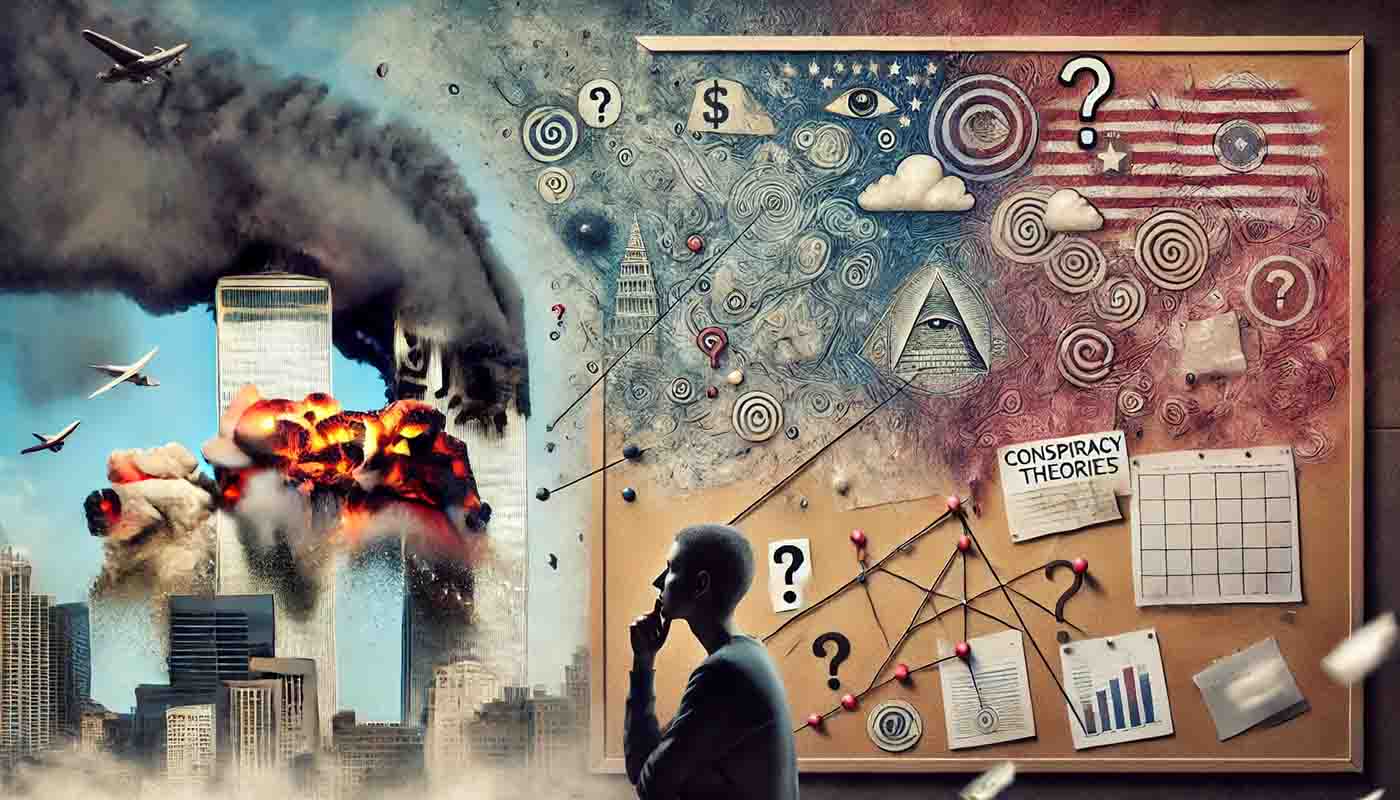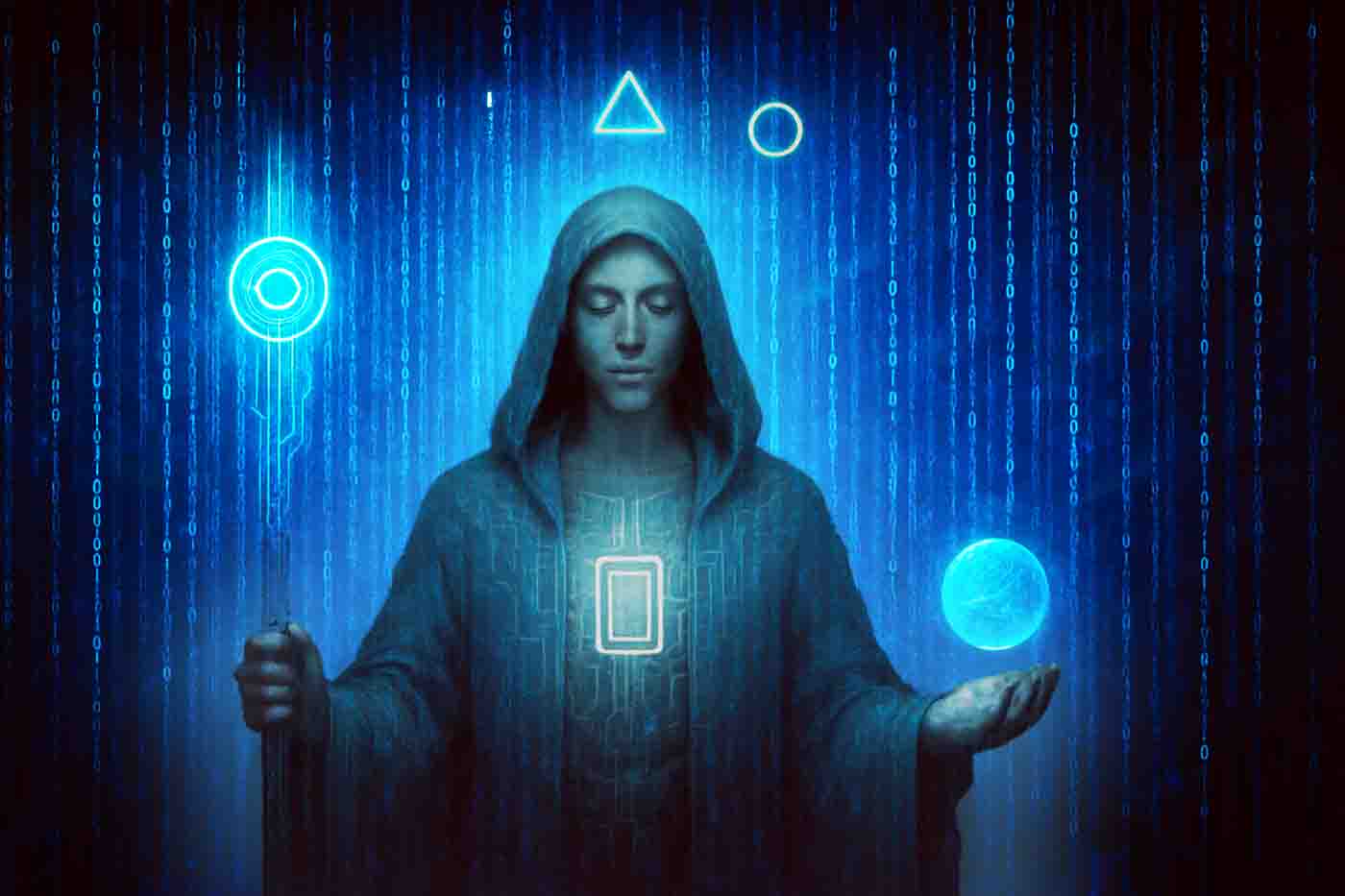Psychology behind conspiracy theories
Conspiracy theories have a way of surfacing whenever a major traumatic event shakes the world to its core, and 9/11 is no exception. But why is it that people are drawn to these often outlandish explanations in the first place? To understand this, we need to take a closer look at human psychology, particularly how our brains respond to trauma.
When people experience or witness a traumatic event—especially one as massive as 9/11—they often feel an overwhelming loss of control. Suddenly, the world doesn’t feel safe anymore, and the randomness of it all is hard to swallow. Our brains, not big fans of ambiguity or randomness, crave explanations that fit into neat little boxes. Unfortunately, reality is often messy, and sometimes things happen that don’t make sense. Enter: conspiracy theories.
A conspiracy theory offers a simple (if not completely bonkers) explanation for a complex and chaotic event. It gives people the illusion of control. Instead of facing the unsettling idea that random acts of violence can happen out of nowhere, it’s more comforting to believe that there was a grand, sinister plan behind it all. Trauma breeds uncertainty, and conspiracy theories fill in the blanks with narratives that, to some, feel more satisfying than the truth.
While these theories provide an emotional buffer from the harsh reality, they often ignore facts and common sense. They’re less about truth and more about trying to find meaning in a world that can, at times, seem terrifyingly random.
Psychology behind conspiracy theories Psychology behind conspiracy theories A conspiracy theory offers a simple (if not completely bonkers) explanation for a complex and chaotic event. It gives people the illusion of control. Instead of facing the unsettling idea that random acts of violence can happen out of nowhere, it’s more comforting to believe that there was a grand, sinister plan behind it all. Trauma breeds uncertainty, and conspiracy theories fill in the blanks with narratives that, to some, feel more satisfying than the truth.



